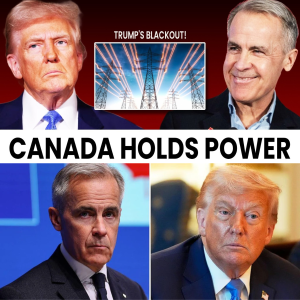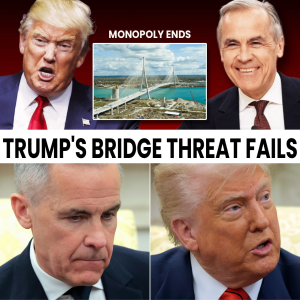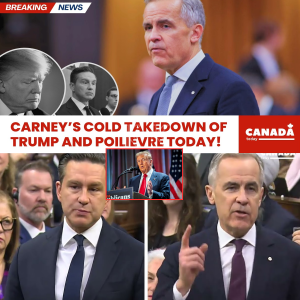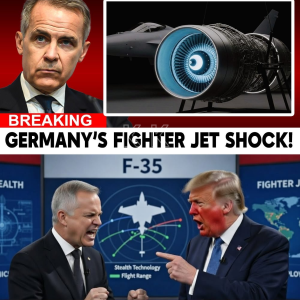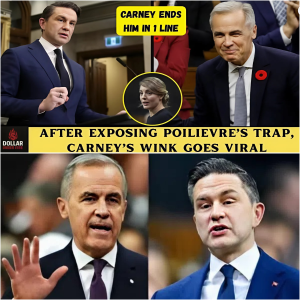BOMBSHELL: ZELENSKYY CHECKMATES TRUMP AS SECRET “AMBUSH” EXPLODES — A HIGH-STAKES U.S.–RUSSIA–UKRAINE POWER PLAY ERUPTS ⚡
In a political moment defined by shifting alliances, secret negotiations and an increasingly fragile balance of global power, the latest confrontation between Ukrainian President Volodymyr Zelenskyy and former U.S. President Donald Trump has triggered a wave of scrutiny across diplomatic circles. What initially appeared to be a routine trilateral meeting in Istanbul has now emerged as a revealing flashpoint in a wider geopolitical contest—one shaped not by formal treaties but by backchannel conversations, contested narratives, and a series of decisions made far from public view.
According to accounts from Ukrainian officials and individuals briefed on the matter, Zelenskyy’s surprise appearance in Istanbul disrupted what they describe as a quietly coordinated effort involving Trump’s informal envoy, the real estate developer Steve Witkoff, and the Russian sovereign wealth fund chief Kirill Dmitriev. The alleged aim: to present Ukraine with a proposal that would have effectively ceded control of Donbas and Crimea to Russia and limited Ukraine’s future military capacity. Trump representatives have disputed such characterizations, but the episode has nonetheless raised concerns about the degree to which unofficial actors may be influencing the contours of a conflict with global repercussions.
Zelenskyy, aware from the start that the meeting had the potential to shape the trajectory of the war, arrived backed by a newly consolidated plan developed with France, Germany, Spain and other European partners. The choreography of the moment mattered. His arrival not only visually countered the narrative of a pressured Ukraine but also signaled a readiness to resist any proposal that risked undermining the country’s sovereignty. As one European diplomat noted, “He walked into that room knowing exactly what he was up against—and knowing he was not alone.”
The decision by Witkoff not to attend the meeting only heightens the sense of an unraveling strategy. For some observers, it reflects a deeper fracture within the Trump sphere itself, particularly following news that retired Lt. Gen. Keith Kellogg, Trump’s special envoy for Ukraine, plans to exit his role by January. Kellogg, once among the loudest voices promising an imminent resolution to the war, had shifted his rhetoric noticeably over the past year—from 24-hour peace pledges to acknowledgments that any settlement might take months. His departure, whether voluntary or compelled, signals a recalibration inside a team attempting to navigate highly charged international terrain under unprecedented scrutiny.

The involvement of Dmitriev further complicates the narrative. As a well-connected figure in Russian strategic and financial circles, his appearance in the United States months earlier raised questions about Moscow’s intentions and the extent to which informal diplomatic contacts were being leveraged behind the scenes. Photographs capturing Dmitriev meeting with several U.S. conservative lawmakers only intensified speculation. While nothing about such meetings inherently violates diplomatic norms, the timing—alongside rising tensions and an active war—has led analysts to question the objectives guiding these interactions.
At the center of the episode lies a more fundamental geopolitical dilemma: whether Ukraine should be pressured into relinquishing occupied territories in exchange for a ceasefire, and who has the authority—or perceived legitimacy—to push for such an outcome. European leaders, increasingly skeptical of Washington’s consistency, have signaled that any sustainable peace must be built through multilateral mechanisms, not unilateral arrangements brokered in private. For Zelenskyy, whose domestic standing depends on projecting both resolve and competence, accepting a proposal perceived as capitulation would not only risk political backlash but could undermine long-term security guarantees.
In Washington, the leaked details of the alleged plan have stirred debate within policy circles, illuminating a division between those advocating for a swift negotiated settlement and those arguing that premature concessions could embolden Moscow. The Biden administration has hinted indirectly at concerns about unauthorized diplomatic freelancing, emphasizing the need for transparency and alignment among allies. Publicly, officials have refrained from commenting on the specifics of the Istanbul incident, citing the sensitivity of ongoing discussions.

Outside official channels, the incident has drawn intense public reaction. Social media platforms, already polarized by competing narratives about U.S. involvement in the conflict, have amplified the story into a full-scale political spectacle. Commentators aligned with both parties have framed the episode as either a diplomatic misfire or a necessary attempt at creative statecraft. Yet amid the noise, one consistent theme emerges: uncertainty about how much influence private actors should wield in matters of war and peace.
For Kyiv, the fallout from the Istanbul meeting may yet work to its advantage. By highlighting the discrepancies between its European-aligned strategy and alternative formulations circulating in foreign political circles, Zelenskyy strengthens his case for sustained unity among allies. If anything, the revelations underscore Ukraine’s determination to assert control over its diplomatic future—even as powerful external forces attempt to shape it.
As new details continue to surface, one fact remains clear: the struggle for Ukraine’s territorial integrity is no longer confined to the battlefield. It is unfolding in hotel suites, private boardrooms, and diplomatic corridors across three continents. And for all parties involved, the consequences of miscalculation could reverberate far beyond Istanbul.
